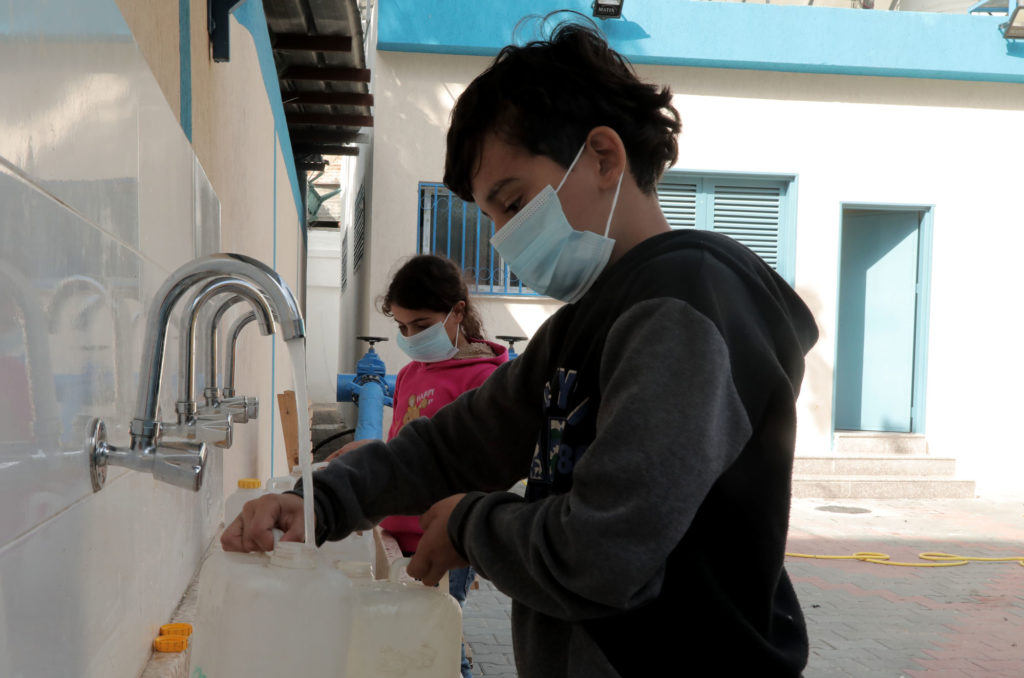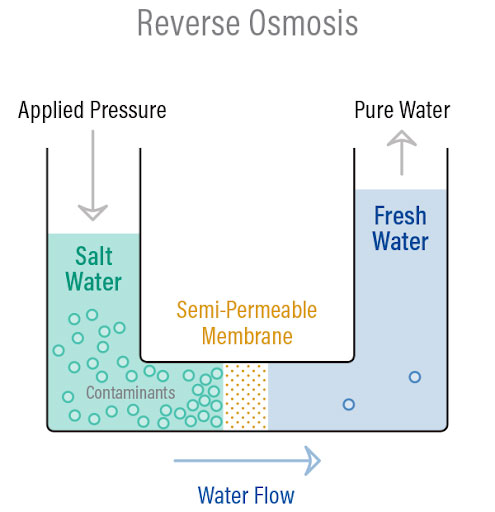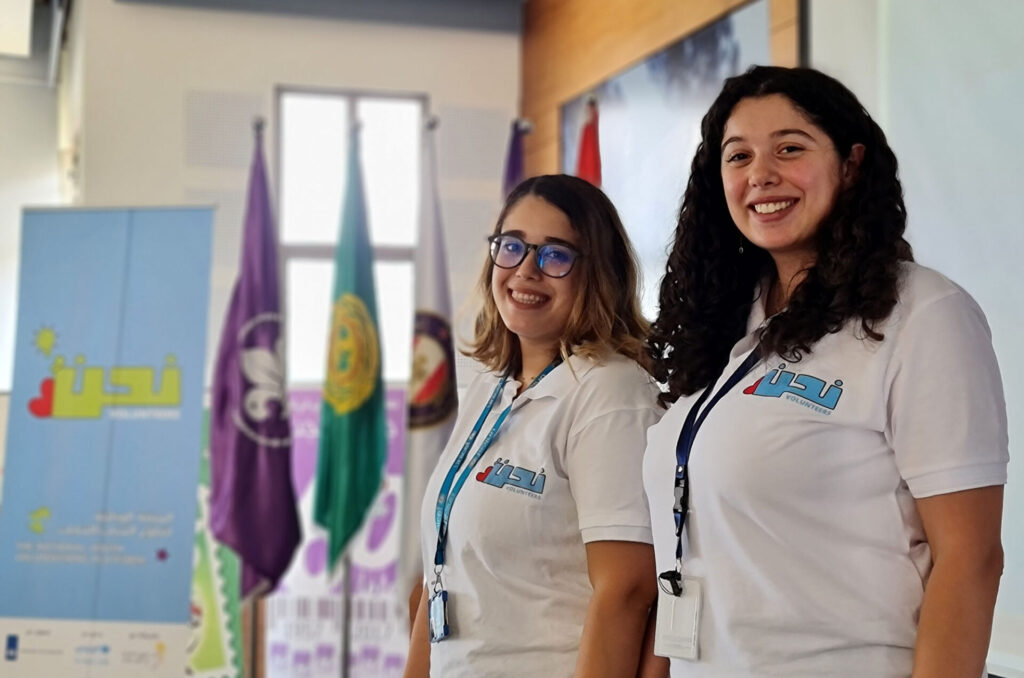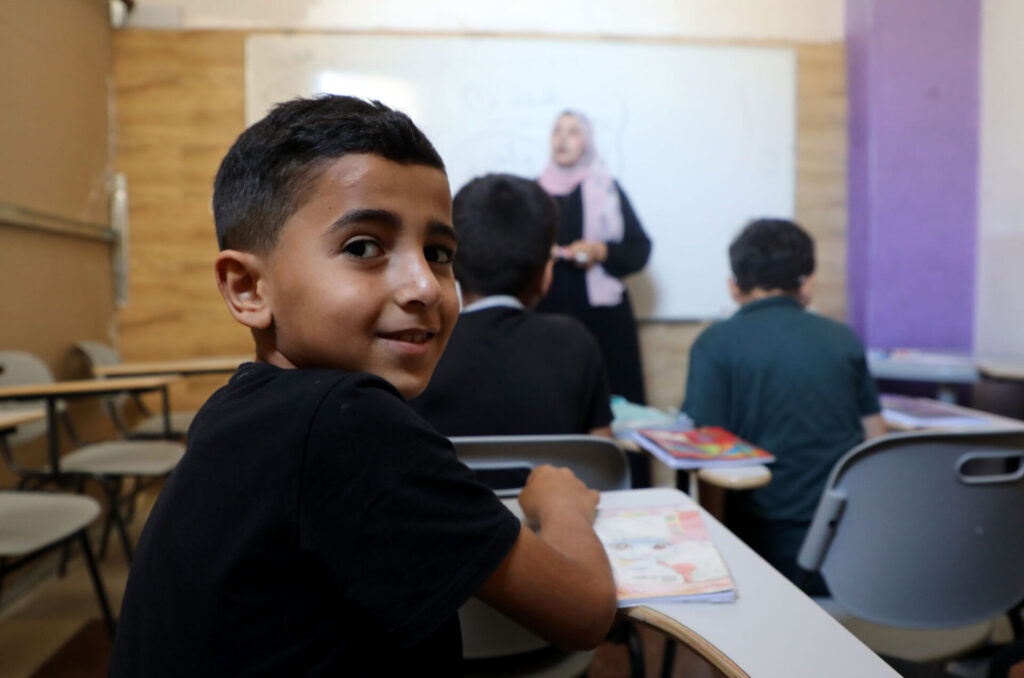Jun, 2021
Gaza’s Water Reality
Gaza continues to suffer from a protracted humanitarian crisis caused by four bombing campaigns and a long-term blockade imposed by Israel and Egypt. Thousands of Palestinians in Gaza remain internally displaced, and much of the infrastructure damaged during the bombings has not been repaired. A severe shortage of building materials, frequent power cuts, and a lack of fuel stymie reconstruction efforts and hinder daily life.
Throughout Gaza, most tap water is unfit for human consumption. Some 97% of water from Gaza's aquifer does not meet the quality standards of the World Health Organization. The chemical and biological pollution in Gaza’s drinking water is due to high levels of salinity and fecal contamination, which are risk factors for hypertension and intestinal diseases that can be particularly harmful to babies, children and pregnant women.
The need for clean, affordable water in Gaza is hard to overstate. Nine out of 10 people rely on filtered water provided by private, unregulated water suppliers who maintain unreliable hygiene standards. Tap water on the municipal network is inexpensive, but unsafe. So, families, businesses, schools and nonprofits end up buying potable water from the private sector at a significantly higher cost. This places a heavy burden on already impoverished families and struggling institutions.
Hospitals and health clinics in Gaza are no exception. Their access to clean water is crucial for sterilization and disinfection. Pure water is needed to keep equipment in good working condition and for safely treating their patients.


Reverse Osmosis: Part of the Solution to Gaza’s Safe Water Crisis
One of the ways Anera is combating Gaza’s water crisis is through the installation of reverse osmosis (RO) desalination units at healthcare facilities and other community meeting points.
What is reverse osmosis?
Reverse osmosis is a water treatment process that removes contaminants from water by using pressure to force water molecules through a semipermeable membrane. During this process, the contaminants are filtered out and flushed away, leaving clean drinking water.
“These RO systems are a quick and effective solution to the problem of accessing potable water,” says Sami Mater, an Anera engineer in Gaza. “They are easy to make and to install. A company in Gaza City manufactures them. It's an impressive, high tech facility and they have in stock all of the materials they need to to produce the systems."
Each of these systems serves thousands of patients and community members as they are accessible to everyone in densely populated areas across Gaza. Solar panels power the systems, ensuring the sustainability of this intervention during frequent power cuts and saving clinics and hospitals from investing in expensive generators.
Building and installing one reverse osmosis system employs ten workers for four weeks.


“These RO systems are a quick and effective solution to the problem of accessing potable water,” says Sami Mater, an Anera engineer in Gaza.




“Water for a hospital is indispensable. We need it for every task in this place.” — Maha Ajrami, Al Quds Hospital
Anera installs six new reverse osmosis systems, with three more to come
During the spring of 2021, Anera installed six reverse osmosis systems in three different Gaza governorates. Four of the six recipient organizations are healthcare facilities serving more than 26,000 patients each month. Another center provides invaluable services to thousands of children who have Cerebral Palsy, while yet another is a community center that offers vocational training as well as health services to 5,000 visitors and trainees a month.
Before Anera installed the six RO systems, these cash-strapped organizations were forced to buy trucked water produced by unregulated private companies at 15-20 times the cost of water piped to their buildings from municipal systems. Now the organizations can have confidence that the water they draw from their taps is clean. And it’s inexpensive. They can use the funds they save for vital services for their communities.
Funding to install the six RO units came from individuals and foundations.
In the next months, Anera will be installing two RO systems with funding from our new partner, Humanity First UK. One system will be at the Patient Friend's Benevolent Society and the other at Al-Huda Health Center. Both are non-profit clinics located in Gaza City and, combined, they serve more than 11,000 patients each month. With funding from Islamic Relief USA, we will also soon be installing an RO unit in the middle area of Gaza. The solar-powered unit will clean the water coming from the well we are rehabilitating as part of the same project. The well and RO system will deliver clean water to 11,000 residents of Al Mughraqa. The funds that the clinics and al-Mughraqa residents getting RO systems will save by not purchasing water will allow them to invest their resources into the service of their families and communities.
Anera will continue raising funds to install more of these amazingly effective systems across Gaza. Please contact us if you are interested in providing funds for reverse osmosis systems.
The views expressed herein are those of Anera and shall not, in any way whatsoever, be construed to reflect the official opinion of IRUSA, its Islamic Relief affiliates, or its donors.


